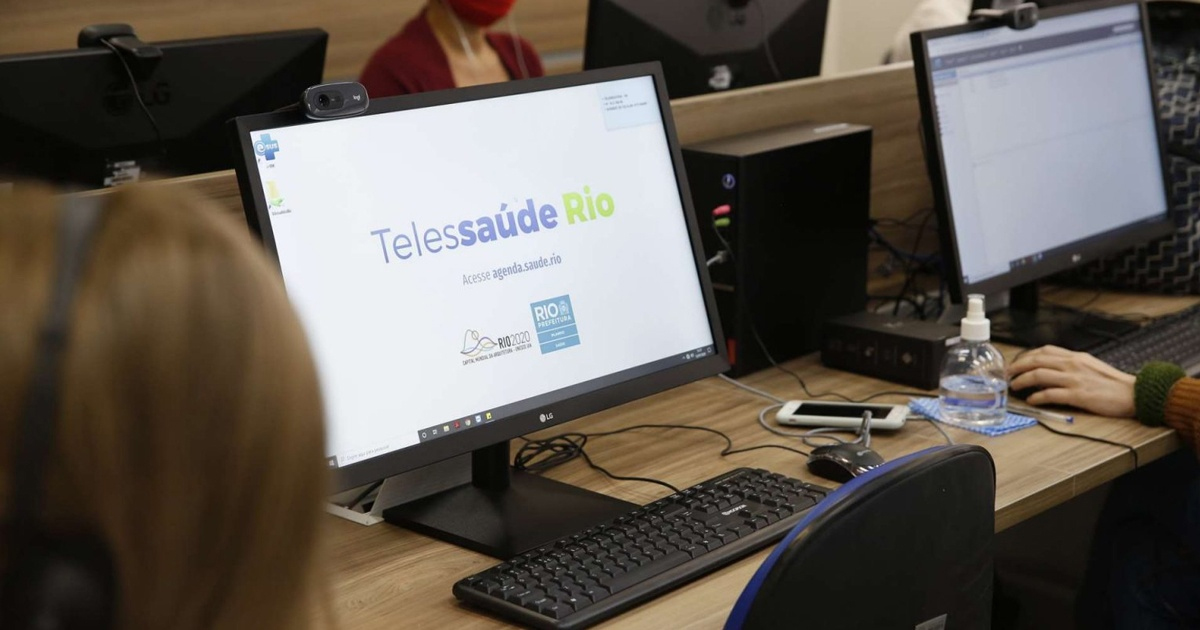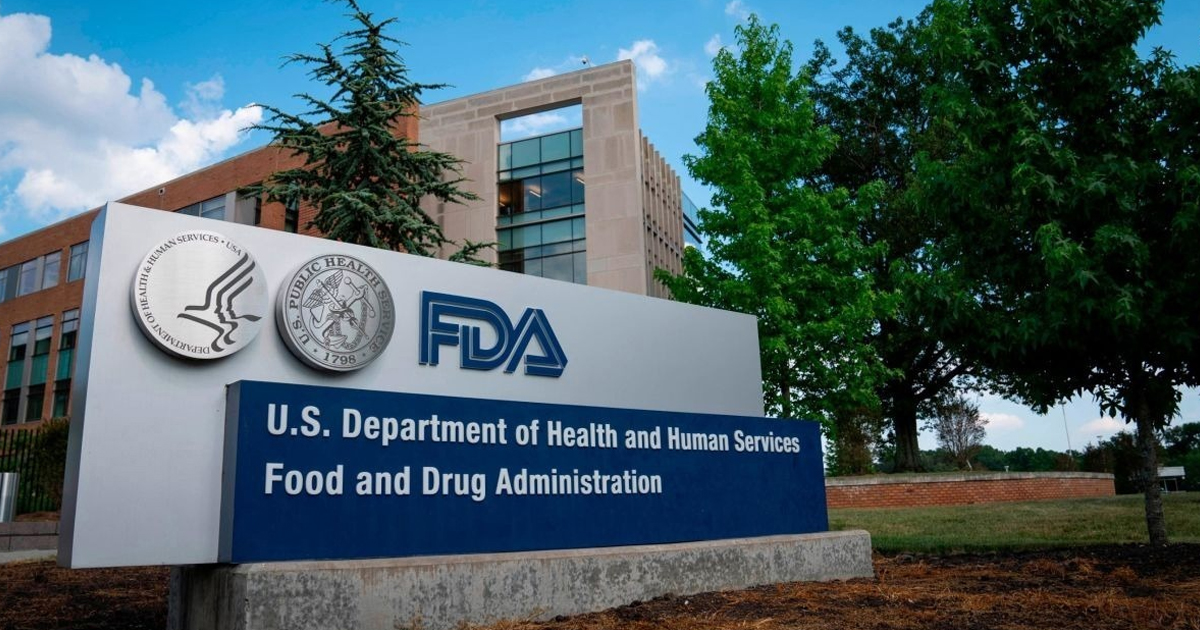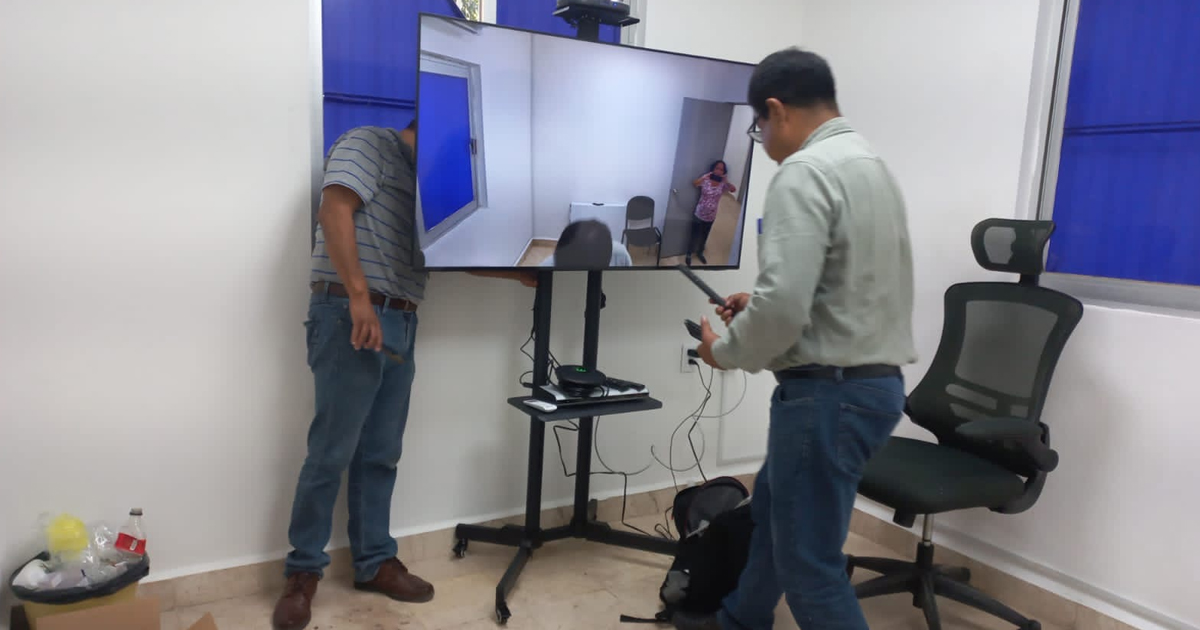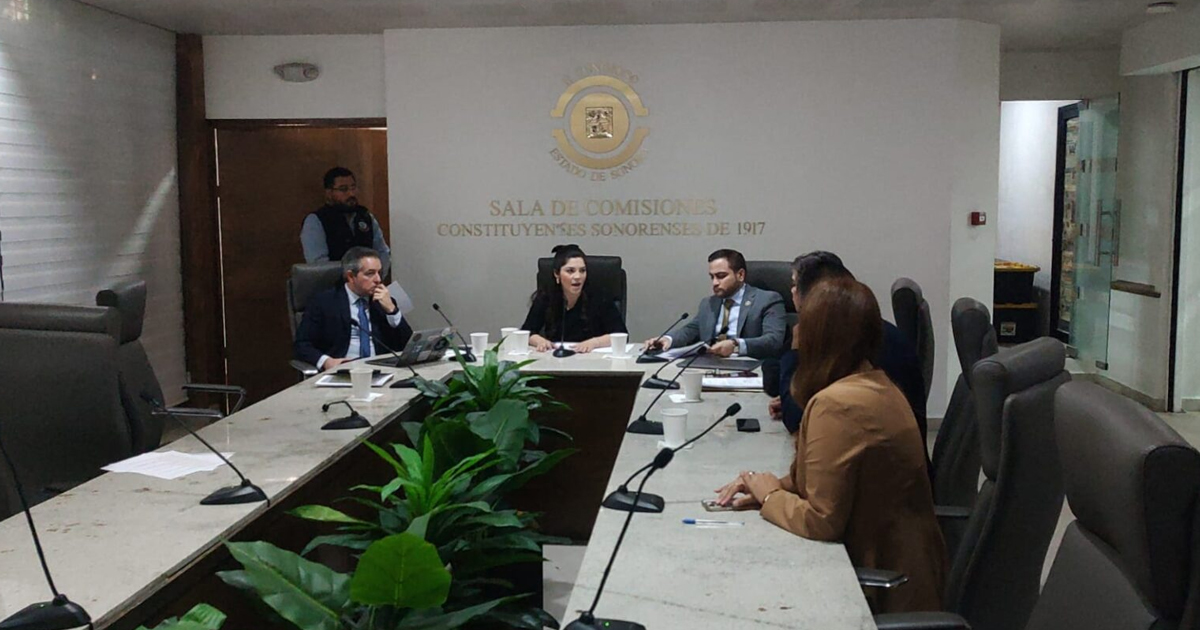Un modelo de Artificial Intelligence mostró mejora en las tasas de remisión de diabetes tipo 2, según un estudio de la Asociación Estadounidense de Diabetes (ADA).
La remisión para pacientes con diabetes tipo 2 es definida en el estudio como “mantener niveles normales de glucosa en sangre durante al menos tres meses sin tomar medicamentos para la diabetes”. Las tasas de remisión se evalúan a través de los cambios en la hemoglobina A1C, de esta forma, los investigadores realizaron un ensayo para medir los beneficios de la tecnología de Artificial Intelligence (AI), y compararla con la atención tradicional.
La tecnología Twin Precision Treatment (TPT), fue comparada con la atención estándar en intervalos de 90 días. En total, 319 pacientes que viven con diabetes tipo 2, y con una edad promedio de 45 años, formaron parte del estudio. Una de las características de los pacientes fue que su diagnóstico de diabetes tiene un promedio de 3,9 años y contaron con un A1C de 9% al inicio del ensayo aleatorio.
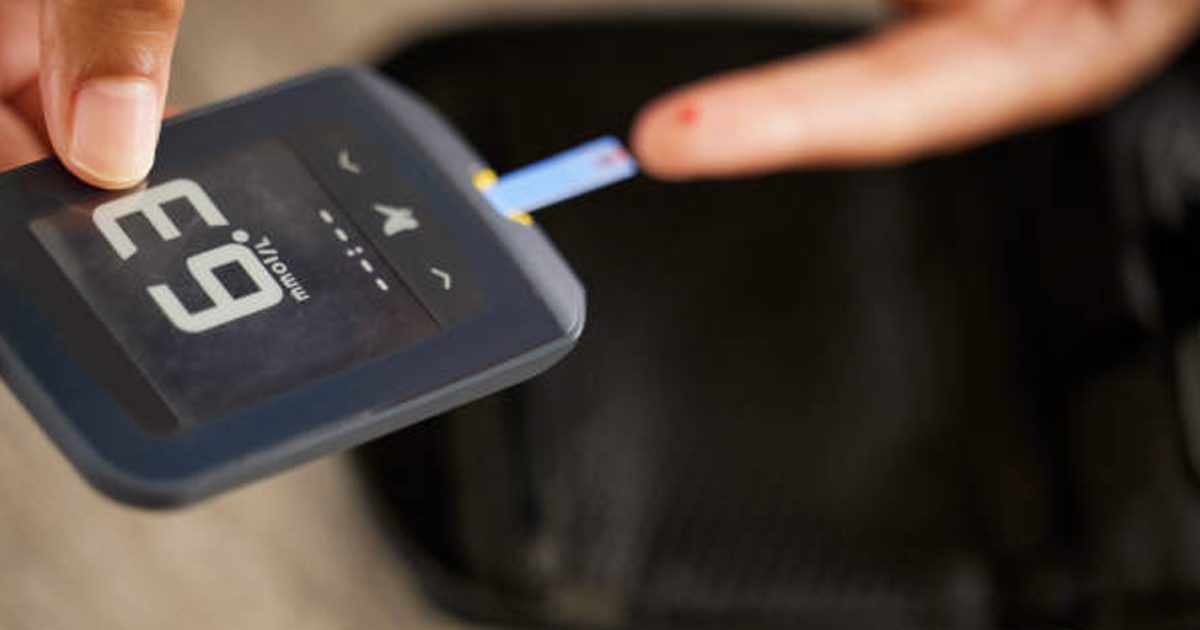
La intervención TPT se trata de un análisis predictivo que utiliza AI y dispositivos para la recopilación de datos de los pacientes, como aspectos de nutrición, actividad física, respiración y sueño.
Del total de pacientes, 262 lograron completar el ensayo de 180 días, de los cuales 199 recibían la intervención TPT y 63 la intervención estándar. De los 199 pacientes pertenecientes a TPT, casi el 95% alcanzó niveles de A1C menores al 6,5%, sin necesidad de tomar medicamentos específicos para la diabetes. Y el 84% alcanzó tasas de remisión que coinciden con los criterios de la ADA. Incluso algunos pacientes dejaron de aplicarse insulina porque sus niveles de glucosa habían alcanzado niveles normales.
“Nuestros resultados demuestran el potencial de la tecnología Whole-Body Digital Twin para cambiar el control convencional basado en medicamentos de la diabetes tipo 2 para lograr la remisión de la diabetes tipo 2 con una vida libre de medicamentos”, explicó el Dr. Paramesh Shamanna, quien es director médico de Twin Health y fue el autor principal del estudio.




